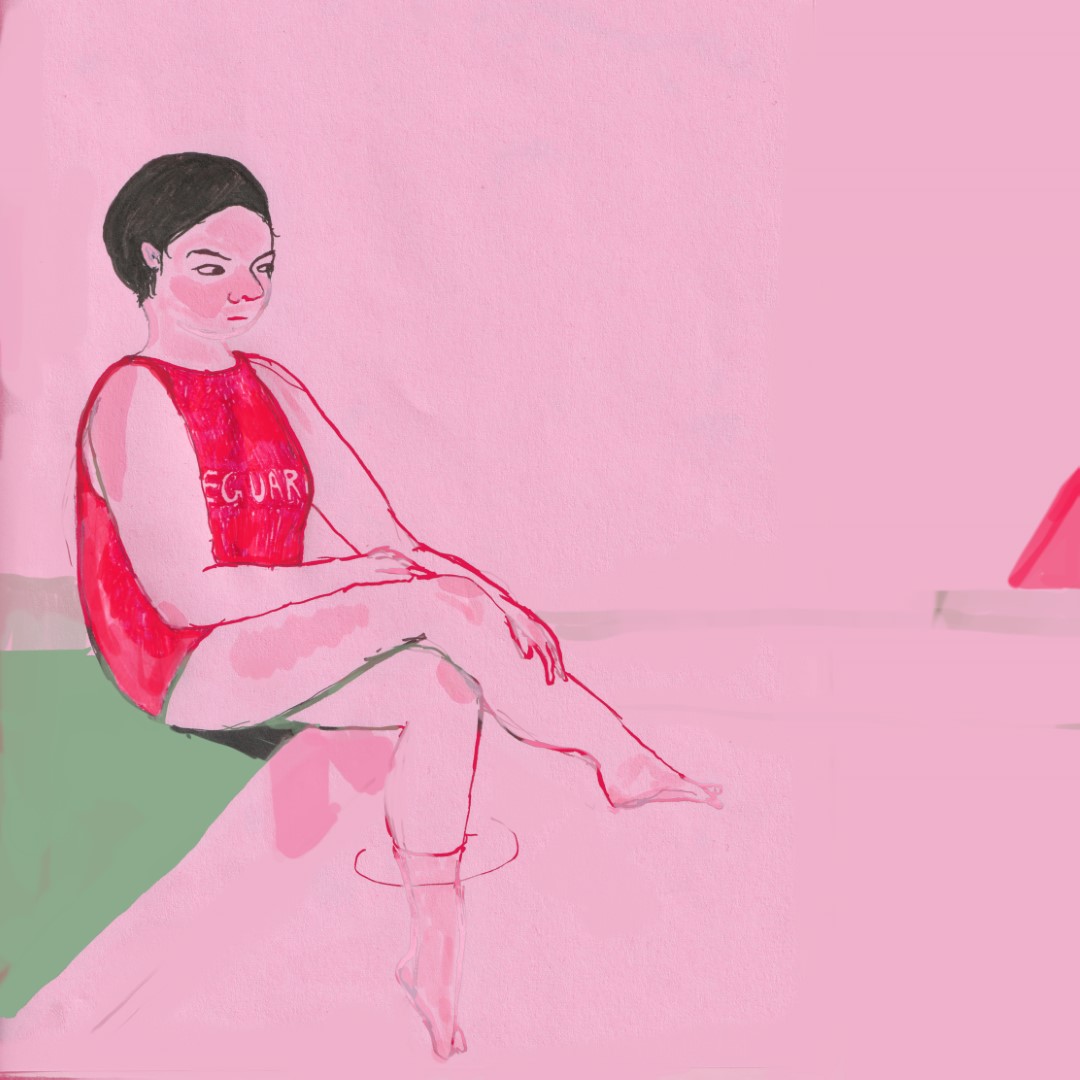
Reposting things online does not make you an activist
By Jessica Berget, Opinions Editor
A mere six years ago, a popular YouTube video ignited a spark that changed social media forever.
Remember Kony 2012? Of course you do; how can anyone who lived through that forget it? It seems like only yesterday people were sharing, reposting, and hash-tagging about the Ugandan cult leader and his children soldiers. Kony 2012 was a revolution of our time—a social media revolution.
#Kony2012 was the first activist trend I remember that swept over the World Wide Web. To 17-year-old me, it was the first time that everyone seemed to care about something bad that was happening on the other side of the world, and it snowballed into a social activist frenzy.
Since then there have been numerous hashtags, profile pictures with flags over them, videos to share, location check-ins, and copy-and-paste Facebook statuses. It created the social justice hype to be with your friends and peers in sharing these social atrocities and attempting to do something about them. It created a generation of people who care about these sorts of things. Unfortunately, it has also created a culture of “slacktivists.”
You probably can guess what that is by the name, but “slacktivism” is the term for actions performed via social media which support a political or social cause, but which take little time or involvement. It’s what compels so many people to add “activist *peace sign emoji*” to their Twitter bios, yet what annoys me so much about it is that most people don’t really care about the cause, only their cause.
I feel like most people post about social issues for their own recognition, or to be a part of it, and not for the actual problems. In the hype of Kony 2012, I was shamed for not taking part in the craze. It’s not that I didn’t care, I just didn’t feel like watching a half-hour-long video or making a status on Facebook about it. Back then it was cool to know who Kony was or what he did. It contributed to current online social justice culture. However, it also created a culture that shames people for not “caring” about these injustices.
This is what makes slacktivism so prevalent. If you’re not sharing or reposting some social issue, it’s assumed you don’t care, or you’re not “woke”. Many people jump on the bandwagon to keep with the trend. The funny thing is that most people post about these issues on their social media but speak nothing of them in real life, and that’s not activism.
Making posts about social issues is a great way to raise awareness, but it’s superficial and can only achieve so much. There are more effective ways to bring about change: Educate yourself further about social inequalities, engage in conversations about it, listen to differing opinions, or volunteer. Ask yourself, are you posting this because you truly care, or because you don’t want to be left out?

